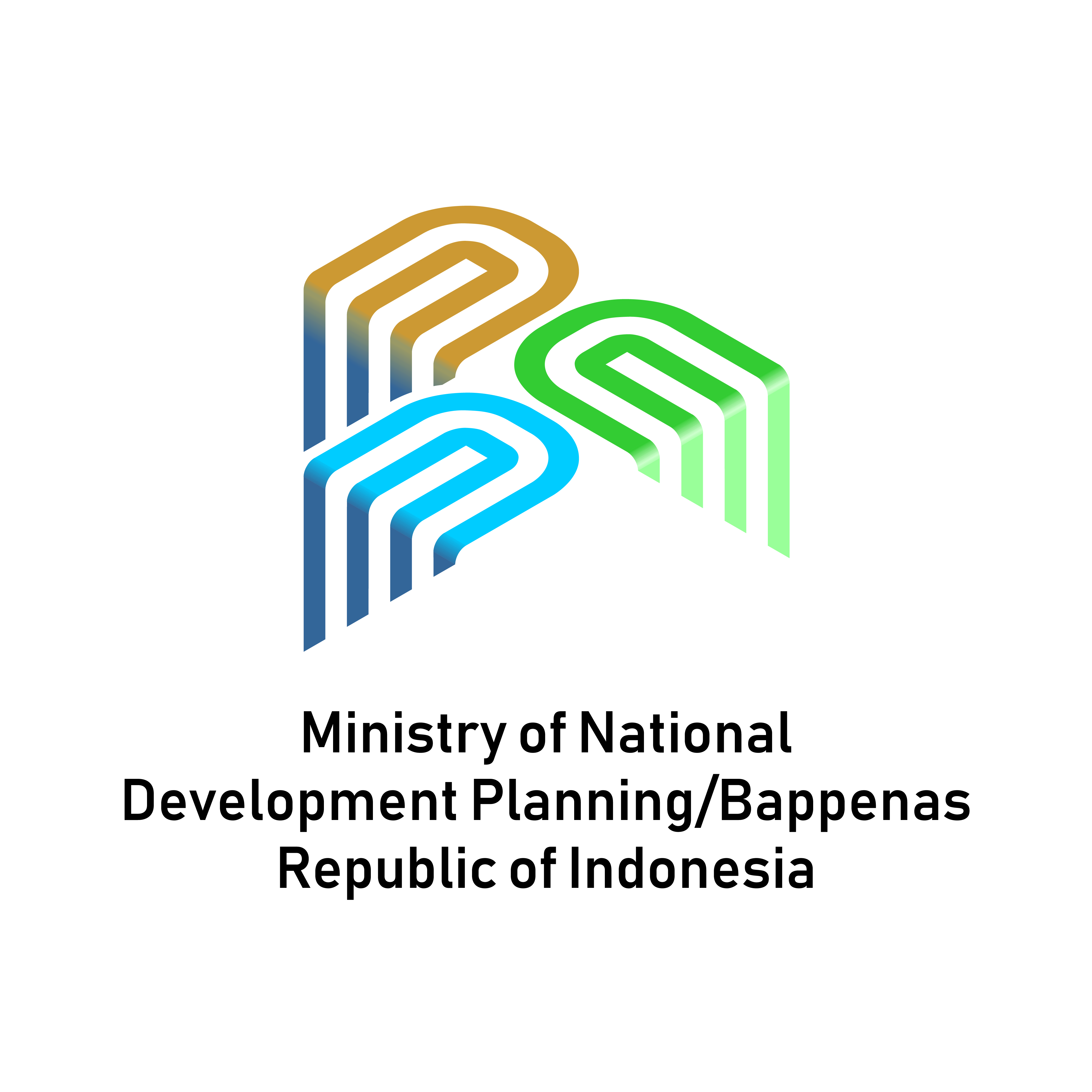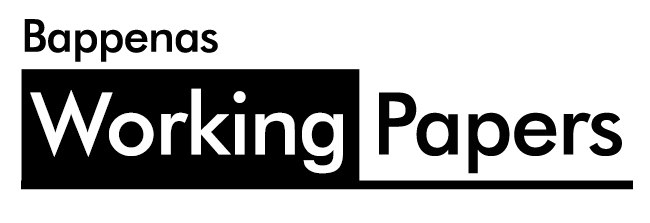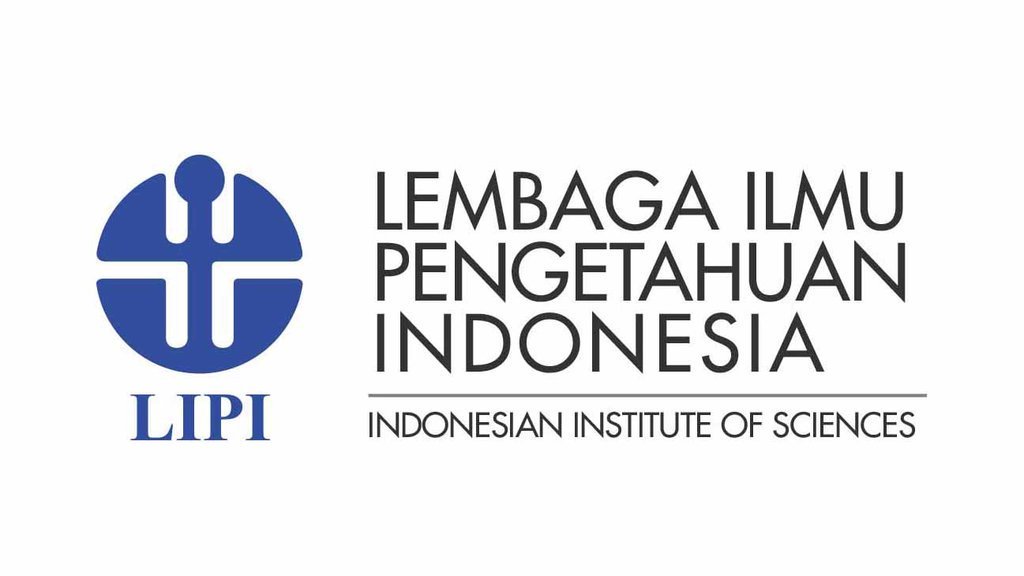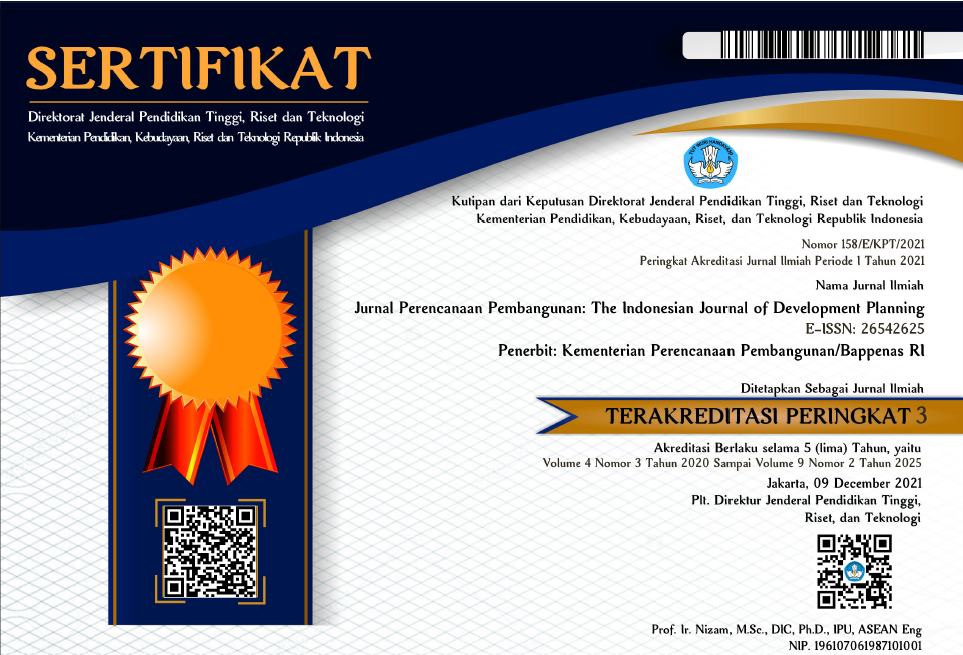Strategy to Accelerate Financial Literacy Rate in Indonesia: Best Practices from Selected Countries
DOI:
https://doi.org/10.36574/jpp.v2i1.33Keywords:
Financial Inclusion, Public Management, Inequality, Financial Education and literacy, Public Sector ReformAbstract
In the last 10 years, Indonesia’s economy has been climbing up significantly and joined the top 20 biggest economies (G20. It is expected that by 2030, the country will be the 7th largest economy supported by what is called “Demographic Dividend” (Mckinsey, 2012). However, in the paradoxical situation, the country’s rating in human development index and inequality-adjusted human development index has been deteriorating over time contributed by the stagnant improvement of several development indicators including of access to education and adult financial literacy. This paper will focus on policy recommendation of financial literacy as part of human development capacity building to address inequality issues using the framework of “Functional View of Public Management” developed by Barzelay and Cortazar (2004) and involving several key experiences from countries such as New Zealand, Australia, Singapore, and Brazil.
Downloads
Downloads
Published
How to Cite
Issue
Section
License
This is an open-access article distributed under the terms of the Creative Commons Attribution-NonCommercial-ShareAlike 4.0 International License. Copyright © Kementerian PPN/Bappenas RI


















